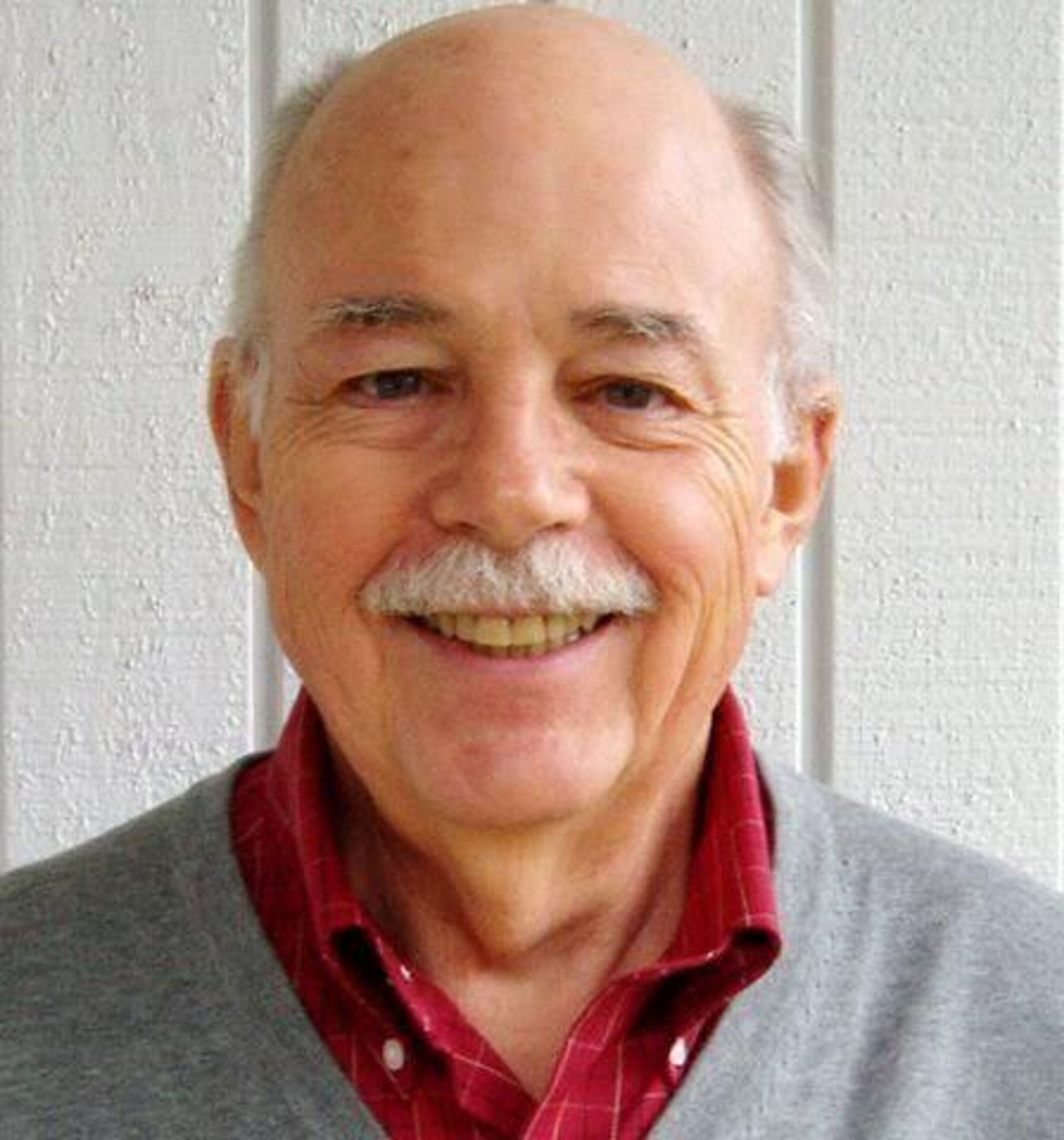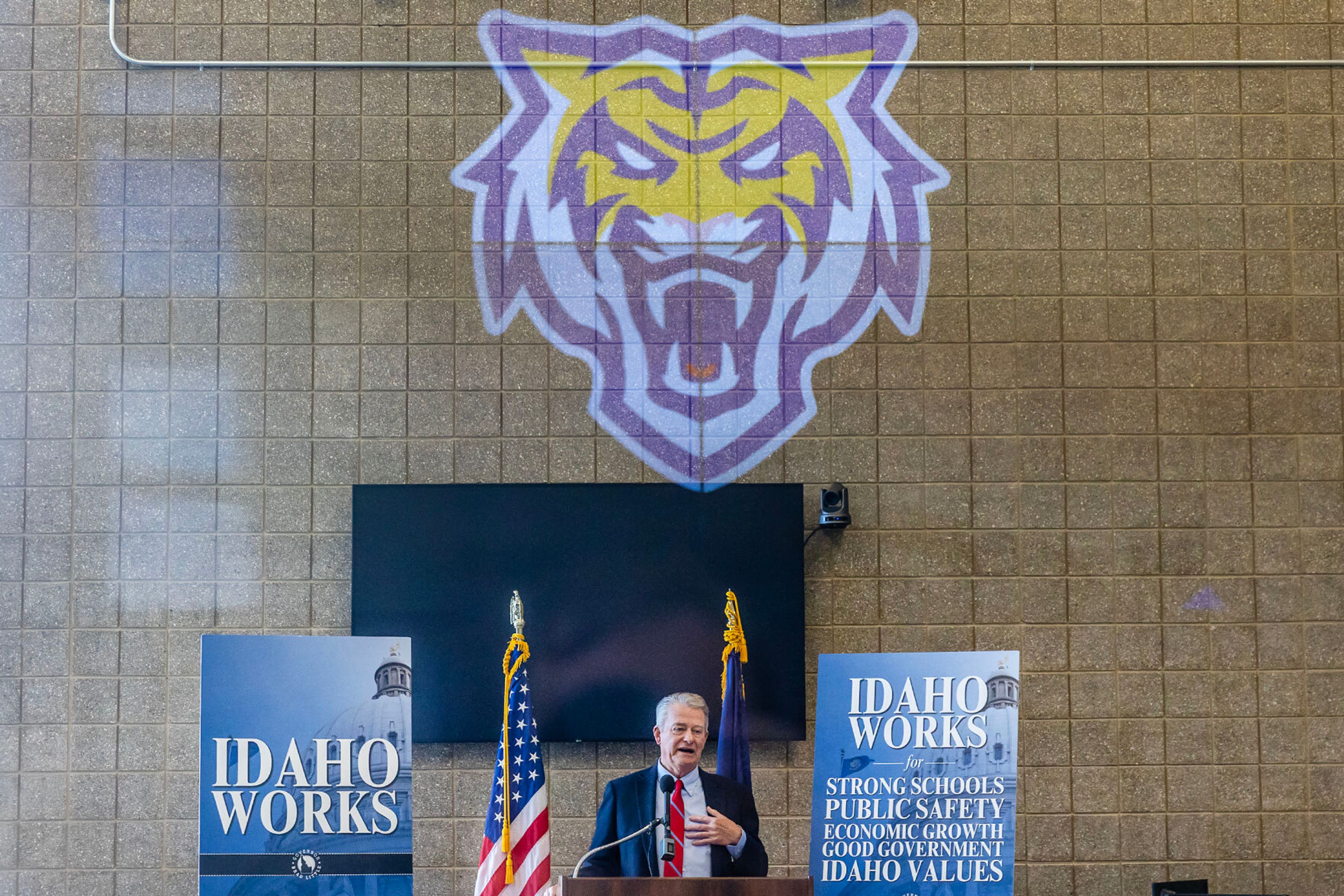Washington Senate unanimously passes anti-hazing bill
Bill drafted in response to the death of a WSU student moves to Gov. Inslee for final approval
On Thursday, the parents of Sam Martinez, a Washington State University freshman who died in a hazing-related incident in 2019, watched from the viewing gallery as state Senators unanimously approved anti-hazing legislation named in honor of their son.
“We are so happy and know that Sam’s Law will save lives,” wrote Sam’s mother Jolayn Houtz in an email to the Lewiston Tribune.
Houtz, along with Sam’s father, Hector Martinez, started working with Rep. Mari Leavitt, D-University Place, in the summer of 2021.
Leavitt first took an interest in Sam’s case after reading an article about his death in 2019, she said.
“I sent an email to the vice-chair of the (Washington state House) College and Workforce Development Committee and sent an email to the chair and said, ‘I think we need to do something on this,’ ” Leavitt said. “Then of course, COVID hit, and that changed the dynamic. And so here we are in 2021, and Jolayn reached out, and I said, ‘That’s it, it’s time to do it.’ ”
Once signed into law, the bill will increase transparency, education and intervention for hazing at colleges and universities. It expands the definition of hazing and requires colleges and universities to publish findings of hazing on a public website with records for the past five years.
Those include records not only for sororities and fraternities, but athletic teams, living groups and other clubs.
The bill will also require fraternal organizations to notify colleges and universities about their own investigations of hazing at local chapters, along with the full report and findings when they’re completed.
Starting this fall, colleges and universities will be required to provide educational training on hazing to students and employees, and employees in a direct, ongoing supervisory role or position of authority with students will be required to report hazing violations.
Institutions of higher education are also directed to expressly prohibit hazing on and off campus, and include the policy in materials on students’ rights and responsibilities given to student organizations, athletic teams or living groups.
In addition to the Martinez family, Leavitt said, Pullman Police Chief Gary Jenkins was a “stalwart supporter” of the legislation, testifying on multiple occasions in support of HB 1751 and its companion HB 1758, which Leavitt plans to bring back next session. HB 1758 aims to change hazing from a misdemeanor to a gross misdemeanor, and a class C felony in the case where it causes substantial bodily harm.
“(Jenkins) really has helped, I think, shaped the dialogue in addition to the family, and to give credence and credibility for people to know that it’s a culture of secrecy,” Leavitt said. “It’s a culture of sometimes violence, and certainly psychological trauma for students that some of them just don’t get over. Or they leave campus or go somewhere else.”
The bill will now go to Gov. Jay Inslee for final approval.
Sun may be contacted at rsun@lmtribune.com or on Twitter at @Rachel_M_Sun. This report is made possible by the Lewis-Clark Valley Healthcare Foundation in partnership with Northwest Public Broadcasting, the Lewiston Tribune and the Moscow-Pullman Daily News.








